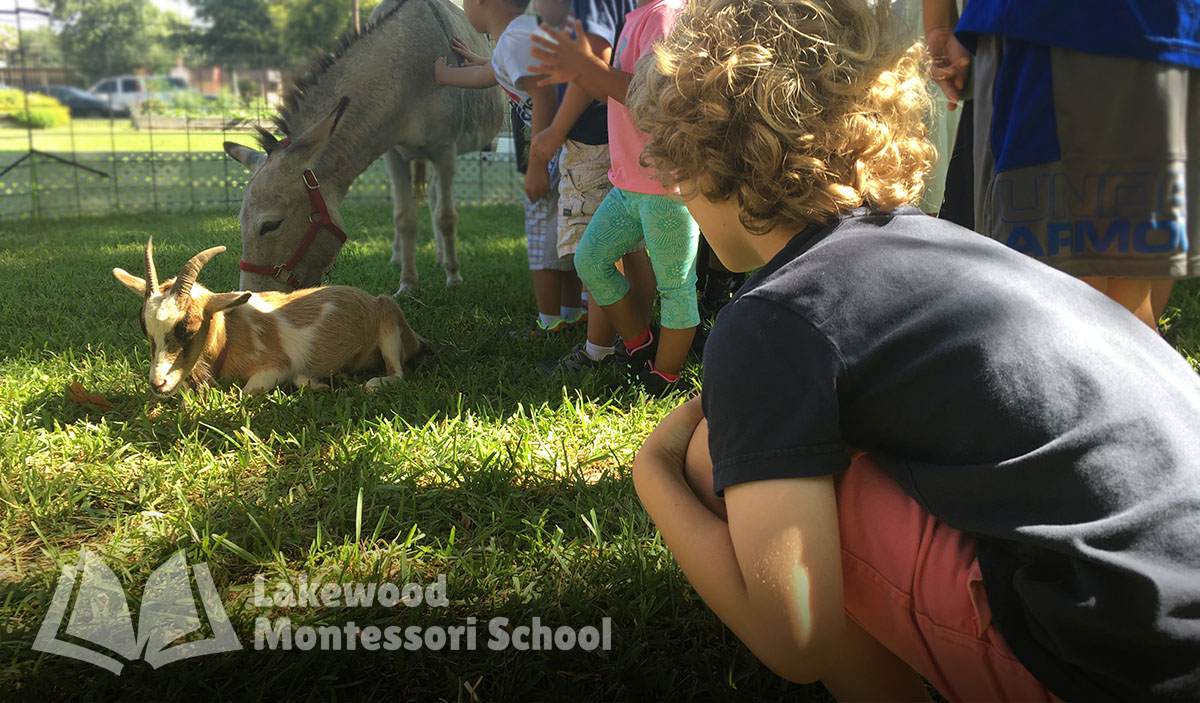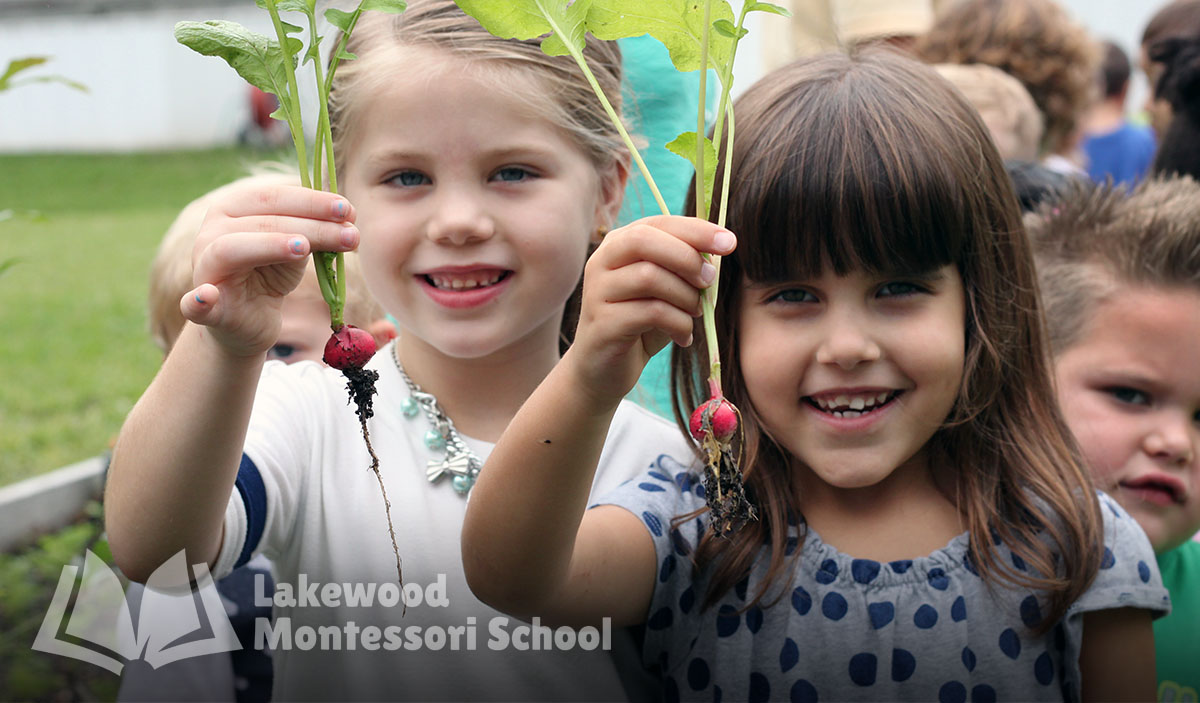Lifetime Advantage Programs
Your child receives:
The gift of time—time to learn, time to absorb, time to discover, time to explore and time to play.
A sense of well being—a sense of safety and security, a sense of belonging, a sense of adventure and discovery and a sense of accomplishment.
The development of self-control, initiative, independence and eyes that have been trained to see opportunities and possibilities in every direction.
The ability to think, to reason, to compute, to write, to cooperate and to communicate—essential skills for lifetime success.
Montessori Programs for Infants
The Younger Infant Program is designed to meet the needs of infants from six weeks of age until they are walking. Infants are encouraged to crawl. In addition to maximum movement, the young infant experiences visual and tactile stimulation. The environment promotes movement and independence.
The Older Infant Program is designed for the walking infant from 12-17 months of age. The older infant begins to display independence by insisting on doing everything by himself.
The curious infant loves to put things together and take them apart, so large piece puzzles and age-appropriate toys are part of the environment.

Montessori Programs for Toddlers
Children from 18 months to 3 years of age continue this development of movement and independence. They are exploding into language. They are learning simple ground rules and lessons in grace and courtesy—essentially, how to get along. They are learning how to control their movements, how to care for their environment and how to care for themselves.
Montessori Pre School Programs
Practical life is the ability to take care of yourself and your environment. Practical life teaches your child the essential lessons of following procedures, practicing preciseness, working through to the end and finishing well—all essential elements for succeeding in life. The indirect aim of these exercises is the preparation for writing and reading.

Montessori Kindergarten programs
Kindergarten is the harvest year for all the planting and intellectual tending that has gone on for the preceding years in preschool. The kindergarten child’s learning explodes into an avalanche of reading and writing and math. All of the earlier preparation (practical life, sensorial) now finds academic outlets. The kindergarten child not only gains a wider breadth of knowledge but a deeper understanding of what he or she has learned and now is able to use this knowledge to enhance his or her own intellectual pursuits.
